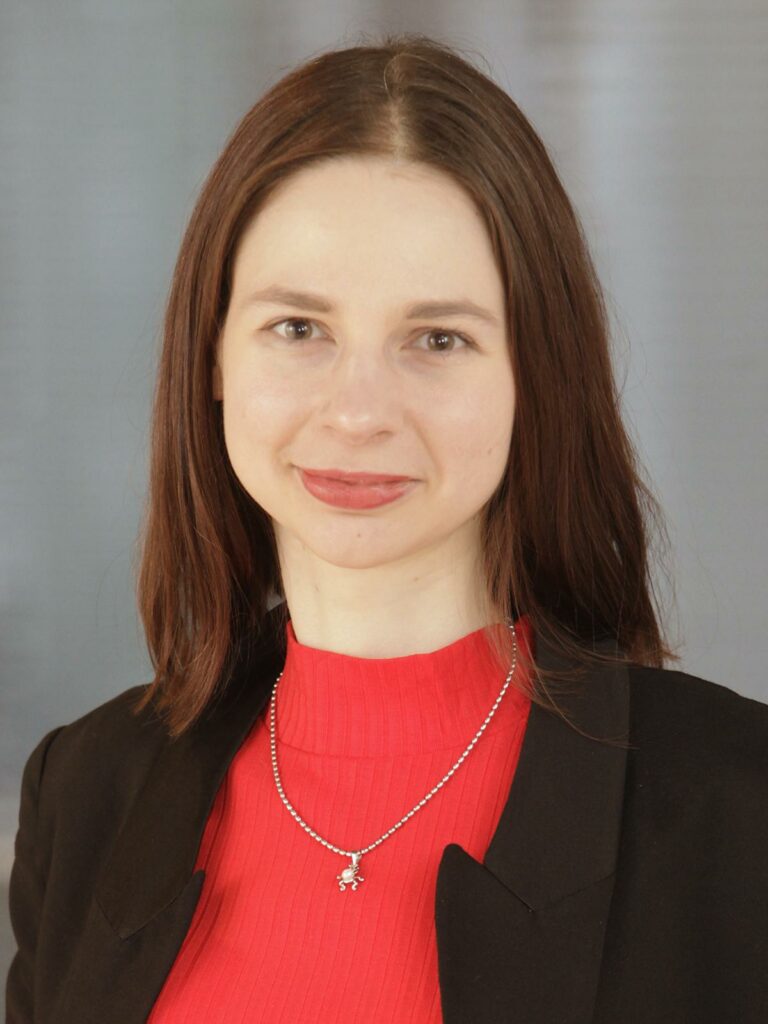What is Real-Time Economy and how to further develop it?
The project 'Supporting productivity and competitiveness of Estonian small and medium-sized enterprises through Real-Time Economy and single contact point digital solutions' was started in June 2022 with many open questions and a mission to make exchange of the electronic business documents as smooth and effortless as possible for businesses.

The project ’Supporting productivity and competitiveness of Estonian small and medium-sized enterprises through Real-Time Economy and single contact point digital solutions’ was started in June 2022 with many open questions and a mission to make exchange of the electronic business documents as smooth and effortless as possible for businesses.
Real-time economy (RTE) is a digital data exchange ecosystem between companies and the public sector that ensures smooth digital trade through standardised digital business environment and automated reporting based on the efficient reuse of structured data.
Estonian Ministry of Economic Affairs and Communications has driven a vision of business-centered development of the ecosystem that facilitates exchange of electronic business documents (such as e-invoices, e-receipts and electronic freight documents).
Real-Time Economy provides countries with the possibility to ensure economic recovery and sustainable growth, create new jobs and gain competitive advantage on the global level as well as use innovative and reusable platforms to achieve cost efficiency and cooperative solutions for all the involved stakeholders.
Our project started with the as-is analysis of Real-Time Economy development. The PwC’s expert team included international experts from Estonia, Finland, Latvia, Lithuania, Poland and Denmark, as well as a subcontractor network. Extensive as-is analysis that covered organisational, technical, legal and operational aspects of RTE acted as a basis for developing RTE vision and roadmap, creating a model for validating innovative RTE ideas, as well as constructing an e-receipt service model based on the concrete use cases.
– Real-Time Economy has gained a lot from the collaboration project with the European Commission, PwC and partners from Baltic Sea Region countries. PwC has well-coordinated the project towards tangible analysis results providing us Real-Time Economy Vision and Roadmap for the Baltic Sea Region to take concrete next steps together with neighbouring countries towards unified objectives based on agreed principles and values. One of the greatest outcomes of the project is new partners and a better collaborating network of private and public sector partners in the Baltic Sea region, says Sirli Heinsoo, Head of Real-Time Economy, Ministry of Economic Affairs and Communications in Estonia.
PwC’s team is ready to support private and public sector with versatile Real-Time Economy topics, such as questions related to data economy development, data-driven decision making, digitalisation of public services, as well as compliance with e-invoicing obligations.
The project is funded by the European Union via the Technical Support Instrument and implemented by PwC, in cooperation with the European Commission.
Please find the links to the published reports on Real-Time Economy in the Baltic Sea Region:
State of play and preparedness for the real-time economy in Estonia and the Baltic Sea region countries
Real-Time Economy – proposed vision and roadmap for the Baltic Sea region
Report on a Real-Time Economy validation model for innovative initiatives and services
Report: E-receipt service model for the cross-border data exchange




